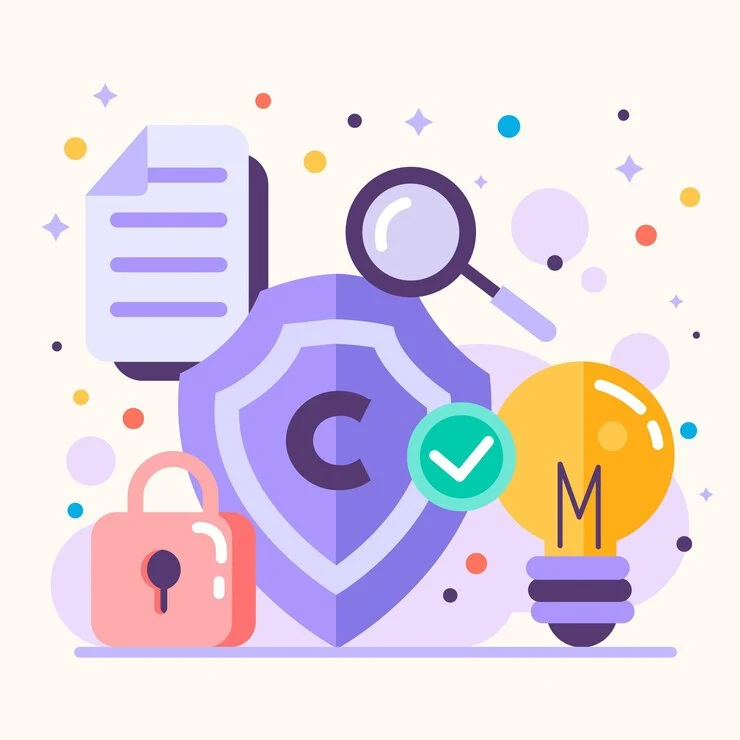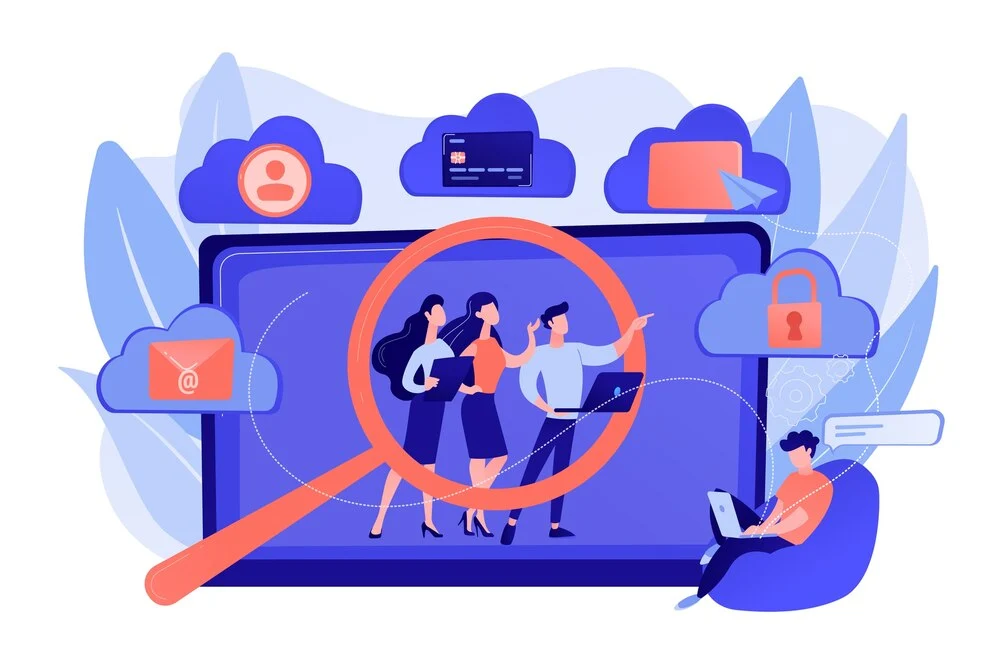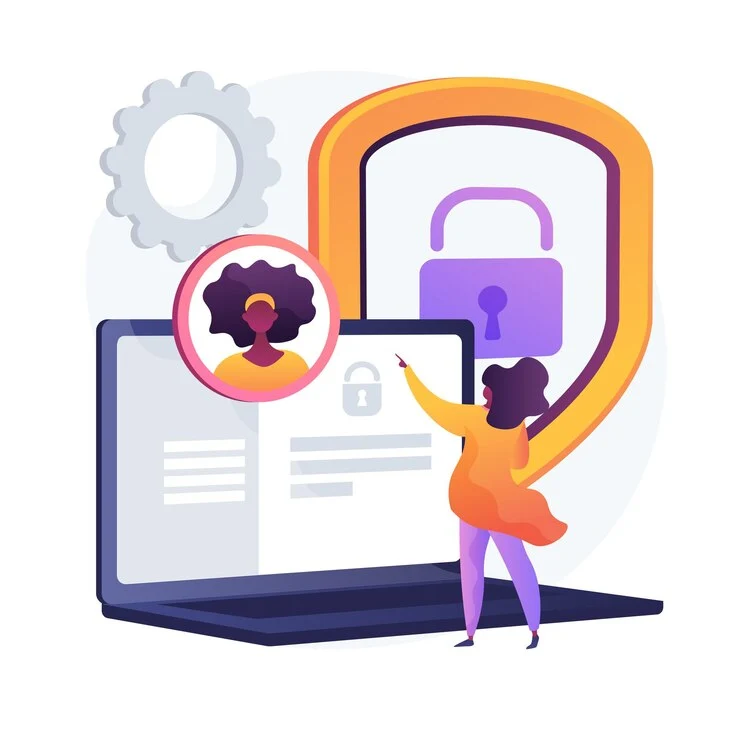Home 
/
Copyright/ Copyright Infringement Can Result In: Consequences You Need to Know
Copyright Infringement Can Result In: Consequences You Need to Know
Manish Jindal
March 27, 2024
|
0min read
Copyright infringement, the unauthorised use of content without permission, can lead to significant consequences.
This violation encompasses various forms, including direct infringement, where copyrighted material is used directly against the owner’s rights, and secondary infringement, involving the facilitation of unauthorised use by others.
Upon receiving a copyright infringement notification, violators may face legal actions to compensate for actual losses and loss of revenue experienced by the copyright holder.
Beyond financial penalties, infringement can also infringe upon the moral rights of creators, affecting their right to be associated with their work and to object to derogatory treatments.
Copyright infringement involves unauthorised use of copyright-protected work, breaching the copyright holder’s exclusive rights.
This infringement spans various mediums and industries, including unauthorised copying or downloading of sound recordings in the music industry, distributing cinematographic films or music files without permission from recording corporations, and creating derivative works without consent, such as translations or adaptations of copyrighted material.
It also covers the unauthorised public display or performance of copyrighted content, which frequently occurs on social media platforms and file-sharing platforms.
Even when intended for non-commercial purposes, using material without authorisation, such as for news reporting or educational content, can still constitute a violation of copyright law.

Understanding the common types of copyright infringement is crucial for both creators and consumers of content. Here’s an overview of each type:
Plagiarism involves copying someone else’s work or ideas and passing them off as your own without proper attribution. This can occur in various fields, including academic writing, literature, music, and art.
Plagiarism not only violates copyright laws but also ethical standards within professional and educational environments. It undermines the original creator’s rights and efforts, potentially harming their reputation and livelihood.
Piracy refers to the unauthorised copying, distribution, or use of copyrighted material, typically for commercial gain or widespread distribution. This includes software, movies, music, and books. Digital piracy is especially prevalent due to the ease of copying and distributing digital files over the internet.
Piracy deprives copyright holders of revenue and can significantly impact the entertainment, software, and publishing industries.
Counterfeiting involves the production of imitation products that are made to look like they are genuine, copyrighted products. This goes beyond mere copying or piracy to include the creation of physical goods that infringe on trademarks, design rights, or copyrights.
Counterfeit goods often pertain to luxury items, clothing, electronics, and DVDs but can extend to any product where there is a perceived value in the brand or design.
Counterfeiting not only violates copyright and trademark laws but also poses risks to consumers through potentially lower-quality or dangerous products.
This type of infringement occurs when copyrighted material is distributed, sold, or otherwise made available without the permission of the copyright holder.
Unauthorised distribution can take many forms, from sharing copyrighted digital files on peer-to-peer networks to selling unauthorised copies on the street.
Even if the distributor does not profit directly, this activity can harm the market for the original work and reduce the copyright holder’s ability to earn revenue from their creation.

Determining liability for copyright infringement can be complex and depends on various factors, including the type of infringement and the parties involved.
In general, the following parties may be held responsible for copyright infringement:
While the internet allows us to easily share and access information, it’s crucial to remember that copyright law protects original creative works.
Ignoring this protection can have significant consequences that go beyond just legal matters. Let’s delve into the potential outcomes of copyright infringement:
Civil Remedies: When a copyright owner files a civil lawsuit for claims of copyright infringement, the court can impose various civil remedies.
This often includes monetary damages, which are calculated based on the actual damages (losses suffered by the copyright owner), and statutory damages, which are predetermined amounts that can be significantly high.
Criminal Remedies: In cases where the violation of copyright law is particularly egregious, such as willful copyright infringement for profit, criminal remedies may be pursued. This can lead to a criminal lawsuit, where the infringer faces not only fines but also imprisonment, reflecting the seriousness of copyright violations.
Injunctions: To immediately halt the infringing activity, courts can issue injunctions.
These legal orders can demand the cessation of distribution, production, or sale of the content in question, and in the digital sphere, they might include the removal of infringing content from websites or platforms.
Seizure of Infringing Items: Law enforcement can seize copies of the material without authorisation and the equipment used to produce such items. This action is particularly common in cases of counterfeit goods, where the physical items are confiscated.
Legal Costs: The financial consequences of a copyright infringement case can extend beyond damages. The infringer may also be required to cover the legal expenses of the copyright owner, adding a substantial financial burden.
Reputational Damage: The priceless reputation of individuals or companies found guilty of copyright infringement can suffer greatly.
This reputational damage can adversely affect business relationships, partnerships, and the trust of customers, leading to a broader impact than just the legal repercussions.
Loss of Business Opportunities: Being implicated in copyright infringement can result in being blacklisted by partners, suppliers, and distributors. This exclusion can lead to significant losses in business opportunities, affecting the infringer’s financial stability and future prospects.
Financial Loss Beyond Legal Damages: The financial consequences of copyright infringement extend beyond fines and damages. Infringers may incur losses due to business interruptions, the cost associated with destroying infringing copies, and the withdrawal of products from the market.
Impact on Creativity and Innovation: Dependence on copyrighted material without authorisation can severely limit an individual’s or organisation’s ability to innovate and create. This stifling effect on creativity forces a reliance on the works of others rather than encouraging the development of original content.
Educational and Career Consequences: For students and academics, the repercussions of copyright infringement can be particularly severe, affecting their educational and career trajectories. Disciplinary actions by educational institutions can have long-lasting effects on future opportunities.
Understanding these potential legal and non-legal consequences underscores the importance of respecting copyright law and the rights of copyright owners.
It highlights the need for individuals and organisations within the creative industries to navigate copyright issues carefully, ensuring that their use of material is always authorised and compliant with the law.
You’re at the right place, contact us to know more.
To safeguard against copyright infringement, both for protecting your own work and ensuring you don’t infringe on the rights of others, it’s essential to adopt a comprehensive approach that respects copyright protection and the exclusive rights of content owners.
Here are strategies incorporating the requested terms:
Securing permission for purposes of using copyrighted content is crucial.
Before incorporating someone else’s copyright-protected materials into your work, reach out to the content owner to obtain the necessary licenses or agreements. This ensures that your use of their material is legally sanctioned and respects their individual rights.
Focusing on original creation is a cornerstone of avoiding copyright infringement. By dedicating yourself to producing original material, you not only steer clear of legal issues but also contribute valuable new works to your field.
Original content reflects your unique perspective and creativity, distinguishing your work from that of others.
Leverage the wide range of materials available in the public domain or those offered under Creative Commons licenses.
These resources are outside the scope of copyright protection or are made available by content creators for flexible use, often with minimal restrictions. Utilising these materials can enrich your projects while ensuring compliance with copyright laws.

Even when using copyright content within the bounds of fair use or similar provisions, proper attribution to the original creator is essential. This acknowledgment respects the creator’s contribution and clarifies the copyright claim, helping to prevent misunderstandings about the source and ownership of the material.
For content owners, actively monitoring your online presence and the use of your digital copies is vital for identifying potential infringement.
Employ cutting-edge security solutions and stay informed about digital trends that could affect the protection of your work.
When infringement is detected, assert your exclusive rights through copyright claims, cease-and-desist letters, or legal action if necessary.
In today’s digital landscape, protecting your original material requires robust digital safeguards. These can range from watermarking digital copies to using advanced copyright management systems that track and control the distribution of your content online.
By implementing these technologies, you can deter unauthorised use and ensure that your work remains protected.
Understanding the complexities of copyright law and the rights of content creators is fundamental. Educate yourself and your team about the importance of copyright protection and the legal implications of using copyrighted material without permission.
Knowledge is a powerful tool for preventing infringement and promoting a culture of respect for intellectual property.
By adopting these strategies, individuals and organisations can significantly reduce the risk of copyright infringement.
Whether you’re a content creator seeking to protect your original work or someone looking to use copyrighted materials responsibly, a proactive approach to copyright compliance is essential for navigating the creative landscape legally and ethically.
Copyright infringement poses significant risks to individuals and businesses, including legal liability, financial penalties, and damage to reputation.
By understanding what constitutes infringement, who can be held responsible, and how to avoid infringement altogether, you can protect your intellectual property rights and mitigate the risks associated with the unauthorised use or distribution of copyrighted material.
In today’s digital landscape, where content is readily accessible and shareable, it’s more important than ever to prioritise the protection of intellectual property and respect the rights of creators and copyright holders.
By following best practices for copyright compliance and implementing effective digital protection solutions, you can safeguard your creative work and contribute to a culture of respect for intellectual property rights.
Contact us today to explore robust digital protection solutions of Bytescare that enhance your content’s security and allow you to experience the peace of mind you deserve.
Copyright laws vary by country, but generally, they grant the copyright holder exclusive rights to control the reproduction, distribution, public performance, and derivative works of their original creation.
Infringing on any of these rights without permission is illegal and can lead to civil and, in some cases, criminal penalties. It’s crucial to consult with a legal professional for specific guidance related to copyright laws in your jurisdiction.
An example of a copyright is the exclusive legal right granted to the author of an original work, such as a novel, movie, song, or software program. This copyright protects the way the work is expressed but not the ideas, systems, or factual information within it.
For instance, the copyright in J.K. Rowling’s “Harry Potter” series protects her specific text, characters, and storylines, preventing others from copying or distributing her books without permission.
However, it does not prevent others from writing their own stories about wizards or magical schools, as long as those stories are substantially different and original.
Copyright infringement can result in various consequences, including legal action, financial penalties, damages, injunctions, and loss of reputation.
In some cases, individuals or businesses may also be subject to criminal prosecution for willful infringement.
While certain exceptions, such as fair use, may allow for limited use of copyrighted material for educational or nonprofit purposes, it’s essential to consider the specific circumstances and ensure compliance with copyright laws.
Always seek permission or legal advice if you’re unsure about whether your use qualifies as fair dealing.
The “fair use” doctrine allows limited use of copyrighted material without permission for purposes such as criticism, commentary, news reporting, teaching, scholarship, or research.
However, “fair use” has complex legal criteria and can be disputed in court. Consulting with legal counsel is crucial before relying solely on “fair use” as a defense.
If you receive a copyright infringement claim you believe is inaccurate, you can file a counter-notification under specific legal provisions. However, this process involves legal complexities and potential risks.
It’s strongly advised to seek legal counsel if you face a potential false copyright claim.
While complete leak-proof content creation is impossible, several strategies can significantly reduce the risk of infringement. These include:
Understanding copyright laws: Familiarity with copyright basics empowers you to make informed decisions about content use.
Creating original work: Focusing on originality minimises the risk of infringing on others’ intellectual property.
Obtaining proper licenses: When using others’ work, securing appropriate licenses is crucial for legal protection.
Consulting legal counsel: Seeking guidance from a lawyer can help navigate complex copyright issues and establish a strong foundation for intellectual property protection.
By adopting these practices, you can build a stronger digital stature and safeguard your creative endeavors.
Safeguard Your Digital Assets with our Cutting-Edge Security Solutions
Elevate your digital stature and shield your priceless reputation from harm. Select Bytescare for ultimate protection against piracy, defamation, and impersonation.